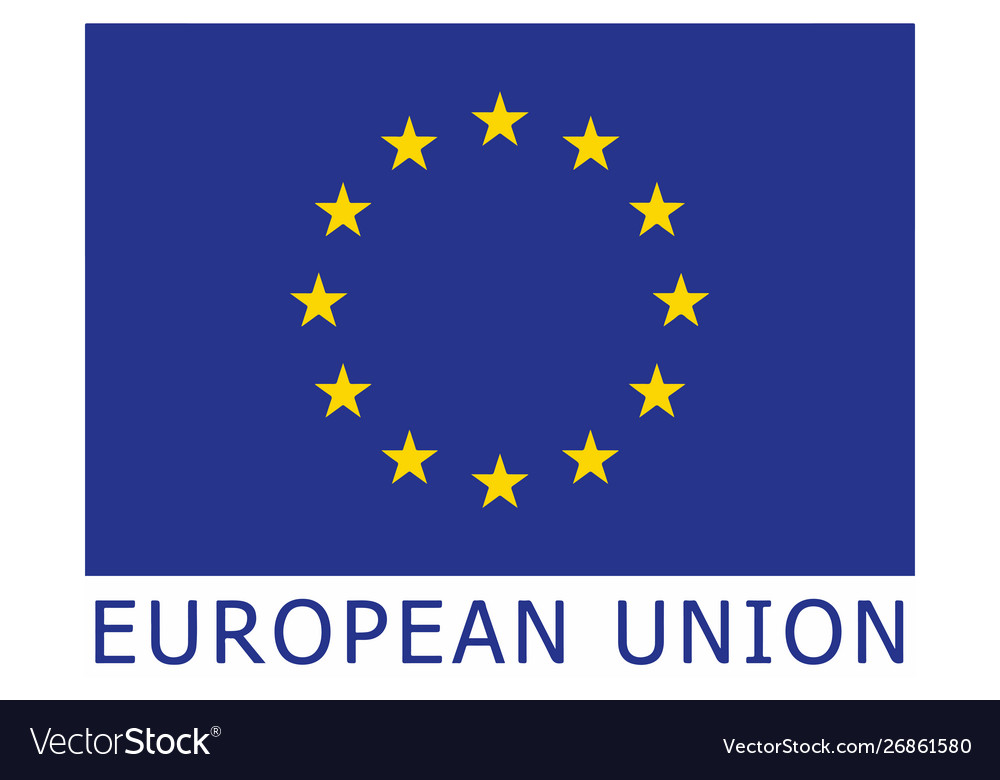The European Union (EU) Ambassador to Nigeria and Economic Community of West African States (ECOWAS), Samuela Isopi has advised the Federal Government to develop a suitable investment framework as well as consultation mechanism with investors.
She also identified lack of liquidity in Nigeria’s foreign exchange market, unstable business environment and regulations as major challenges affecting investors in Nigeria.
Isopi stated this yesterday at the European Business Chambers (Eurocham) Nigeria Investment Conference, held in Lagos State.

She, however, applauded the ongoing construction of a new deep sea port at the Lagos Free Zone and reaffirmed support for European private sector in Nigeria and its commitment to Nigeria investment drive.
She said: “We have seen through recent recovery initiatives and notably in the articulation of the Nigeria economic sustainability plan, that much work remains to be done to create sufficient employment and a business environment that is attractive to entice new, diversified investment.
“I am personally strongly committed to strengthening bilateral ties between Nigeria and the European Union on trade and investments. In this context, one of the main task of the EU delegation, as an institution representing the 27 member-states, is to promote the opportunities, but also to address the concerns and the challenges faced by EU businesses, which hinder the development of trade and investments.
“In our consultation with the industry, one of the main concerns relate to predictability. Companies need a stable environment in which they can conduct business, particularly with regard to the regulations affecting their operations.
“The introduction of new rules that apparently contradict existing practices or even simply being faced with a different interpretation of same rules, has a profound impact on legitimate companies acting in good faith.”
While noting that lack of liquidity in the foreign exchange market was also a major challenge to investors, she added: “Importing goods, whether as intermediary goods for manufacturing or finished articles for domestic consumption, they all need to be paid for. When a company is unable to source sufficient foreign exchange to complete the transaction, businesses suffer.”
As solution, she said a consultation mechanism, “bringing the administration together with the private sector, might contribute to identifying possible solution to easing the problem.”
She said more predictability and consultation would resolve all the perceived obstacles, and could certainly mitigate some of the difficulties encountered.
“In addition, improvements to infrastructure, though costly, are necessary. The power sector is no exception. In the area of trade, the need for infrastructure that is fit for purpose evident and the shortcomings at the ports and on the transport corridors are well documented, “she said.
Speaking on positives, Isopi applauded the ongoing construction of the new deep-sea port being developed at the Lagos Free Zone area in Lagos State.
According to her, the project was a good example of public-private partnership, which, “will make significant difference to Nigeria’s competitiveness. Increased capacity and modern loading and unloading facility should lower cost and time for container movement, which in turn will have a positive impact on manufacturing and on the whole supply chain in Nigeria.”
She equally pointed out that some of the difficulties encountered by European companies in Nigeria are not nationality-specific.
“Shipping costs and delays affect all economic operators, including Nigerians, without discrimination. The knock-on effect within the country is recognized; higher cost for manufactures, resulting in less competitive industries,” she said.


